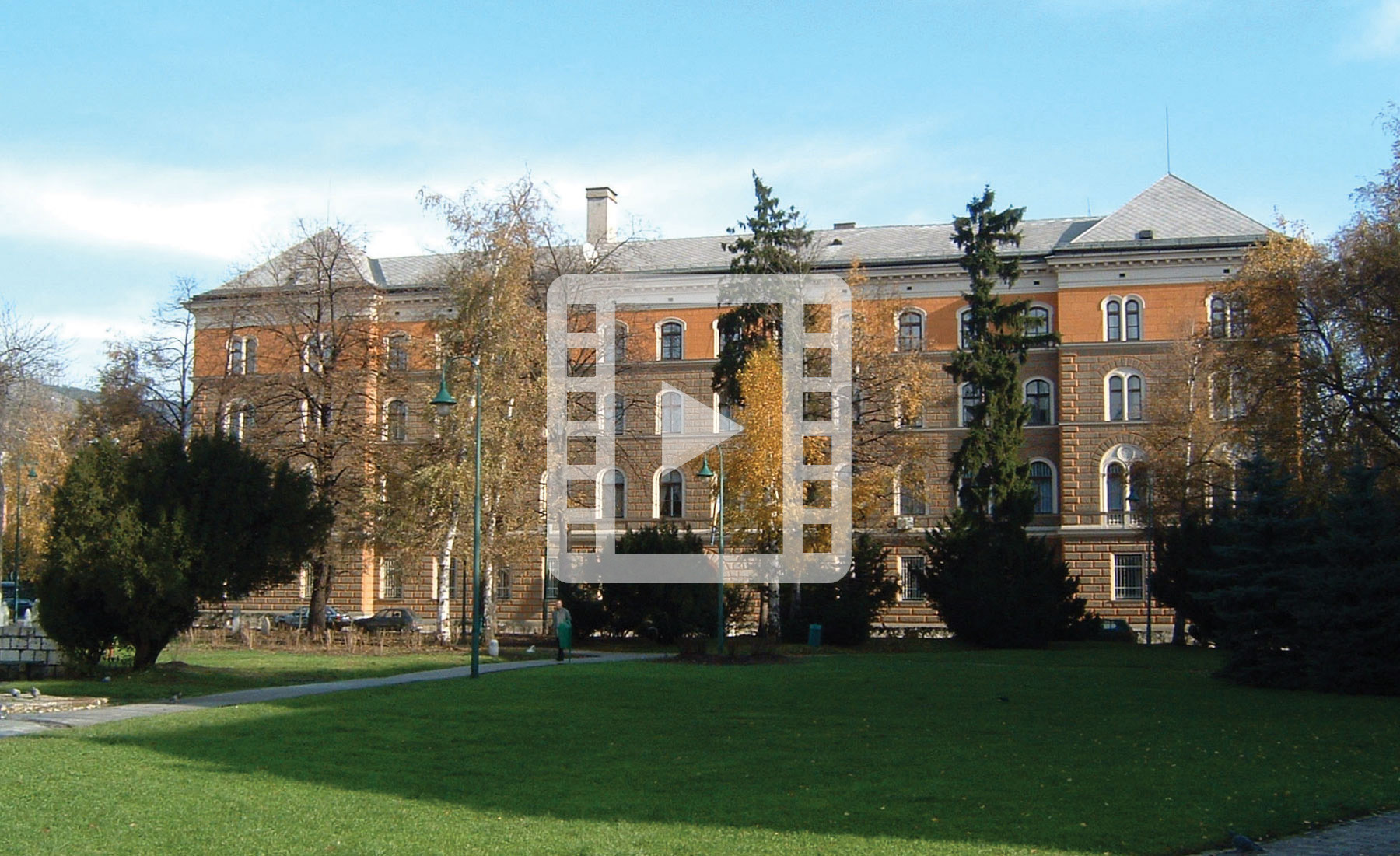The Constitutional Court of Bosnia and Herzegovina (“the CC of BiH”) held a seminar for its staff on the topic of “Gender-based violence and femicide — prevention and protection" in Tarčin on 27-29 February 2024. The seminar attended 50 participants and it was organised by the AIRE Centre with support from The United Kingdom.
Ms. Valerija Galić, President of the CC of BiH, opened the seminar and stressed in her opening speech that despite of “decades of activism of organisations fighting for women’s rights, increase in activities reflected in the adoption of numerous international documents on prohibition of discrimination of women (in particular, the Istanbul Convention), the world has failed to stop femicide”.
“There is an ongoing discussion about stopping femicide that raises many other outstanding issues. This means that we all need to do more. The efforts in combating its occurrence must include a comprehensive approach, proper legal frameworks and measures, social changes and promotion of gender equality. After all, the fact that we have gathered today to discuss this important topic is one of the efforts to do something to prevent its occurrence”, Galić said.
“AIRE Centre is proud of its long-standing partnership and successful cooperation with the Constitutional Court of Bosnia and Herzegovina. Through projects in Bosnia and Herzegovina and the Western Balkans, with support from the UK Government, our organisation has been carrying out activities aimed at strengthening a judicial response to organised crime, corruption, gender-based violence and femicide”, said Martina Raguž, manager of the AIRE Centre's “Strengthening the capacity of the judiciary to fight against organised crime and impunity in BiH” project in her opening remarks.
“This partnership has resulted in the preparation of professional papers, analyses and organisation of conferences, and it is key to the promotion of rule of law and harmonization of case law with the standards of the European Convention for the Protection of Human Rights and Fundamental Freedoms in Bosnia and Herzegovina as well as the region”, Raguž added.
Raguž stated that this seminar is a result of joint work on two projects implemented by the AIRE Centre, helping this organisation to strengthen the judicial capacity to combat organised crime through the prism of gender equality.
Sevima Sali-Terzić, Registrar of the CC of BiH, addressed the participants at the seminar, emphasising that femicide, as the most extreme form of gender-based violence, is murder of a woman committed out of hate of women, contempt, desire to dominate a woman and have control over her life.
“According to relevant reports, femicide in family and partner relations accounts for a significant portion of all the murders of women in the world, and a majority of murders of women and girls is gender-motivated”, Sali-Terzić added.
At the seminar, Ms. Kosana Beker, PhD, Program Director of FemPlatz, and Ms. Nevena Petrušić, Professor at the Law School in Niš, spoke about causes and consequences of gender-based violence towards women, violence in an intimate partner context and femicide as the most extreme manifestation of violence against women. A film entitled “Šejla” (about the murder of 19-year-old Šejla Bakija in Montenegro) was shown during the seminar. Šejla’s murder sparked protests of several thousand of citizens of Montenegro and countries in the region against the dysfunctionality and inefficiency of the system the goal of which is supposed to be protection against violence.
The focus of the last day of the seminar was on the obligations of the State in the context of gender-based violence and the case law of the CC of BiH and of the European Court of Human Rights (the “ECtHR”) in this area. Mr. Midhat Izmirlija, Associate Professor at the Law School in Sarajevo, spoke about women’s rights and obligations of the State in the context of protection against gender-based violence. Mr. Nemanja Ristić, legal officer at the Registry of the CC of BiH, presented the case law of the CC of BiH on gender equality, whereas Ms. Ermina Dumanjić, Head of the Constitutional Case Law Section of the CC of BiH, spoke about the topic by referring to ECtHR’s case law.
The latest research on femicide in BiH and the region was also presented at the seminar.
According to a research conducted by the AIRE Centre and FemPlatz (“Judicial Response to Femicide in the Western Balkans: Legal Framework and Judicial Practice”), there were 32 cases of femicide in Bosnia and Herzegovina between 2020 and 2022. An analysis of the court judgments made during this research has shown that a majority of those cases occurred in the victims’ homes and that a majority of the perpetrators included the victims’ intimate partners and their family members.
An adequate judicial response may contribute to suppressing gender-based violence and femicide only if the punishments reflect the gravity of the crime. At the seminar the AIRE Centre and FemPlatz presented a manual for judiciary entitled “Actions in the cases of femicide” that offers guidelines to judges about the qualification of the criminal offence and meting out punishments. The manual also contains recommendations for other participants in criminal proceedings such as prosecutors and attorneys in terms of protection of rights of victims in proceedings, including claims for damages in criminal proceedings.











